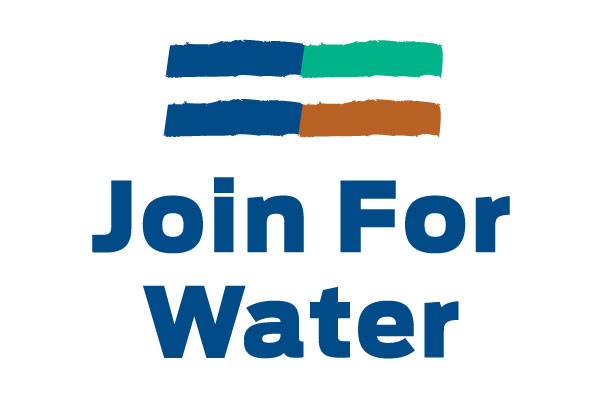Join For Water and West-Vlaamse Milieufederatie organise a waterdebate. First we watch the movie: “La guerre de l’eau” afterwards we will invite experts and politicians for a debate about the use of waterbassins in West-Flanders.
- water protection | water supply | water policy | flood | drought | cross-border cooperation
- Tuesday 11 June 2024, 19:30 - 22:30 (CEST)
- Ieper, Belgium
- Country
- Belgium
Practical information
- When
- Tuesday 11 June 2024, 19:30 - 22:30 (CEST)
- Where
- Maarschalk Fochlaan 18900 Ieper, Belgium
- Languages
- Dutch
- Part of
Description
A debate night about waterbassins and its external effects on nature, water quality and quantity, biodiversity, drinkable water, agriculture and erosion in the province of West-Flanders. We watch a 30 minute documentary: "La Guerre de l'eau" and afterwards some experts and politicians will debate about the growing number of waterbassins in the province. Objectives: we would like to create a more nuanced view on waterbassins.
Target audience: industry, farmers, citizens, policy makers, experts, ... The recent floods in the Westhoek force us to face reality: West Flanders faces a significant water problem. Climate change manifests itself with two extremes of water stress: prolonged droughts and heavy rainfall leading to floodings.
This places water policy prominently on the agenda, both at regional level and on the wider European stage. In West Flanders, the demand for water is growing, both for industrial processes and for intensive agriculture. At the same time, water is essential for both nature and people. West Flanders' water resources, heavily dependent on rainfall, are under pressure.
The installation of water basins is increasingly seen as a strategic step to ensure sufficient water security, especially during droughts. For water-dependent intensive agriculture, these water basins provide an emergency ration for crop growth. For the provincial water authority, they are used to reduce the risk of flooding.
But there is also growing criticism of this approach: collecting rainwater in a large reservoir can cause nature to dry out. Moreover, some water basins (open draw pits) are supplemented with groundwater, which further lowers the groundwater level, causing harder problems for farmers without buffer basins, among others. Then again, as a saving basin for agriculture, water basins are too limited because in dry periods they tend to fall dry. So we have to ask whether these basins are not a symptomatic solution to a deeper problem: the pressure of intensive cultivation.
These reservations reveal the need to approach water not just on an individual level, but rather from a systemic perspective. This area of tension around water basins is not unique to West Flanders; it reflects worldwide. A fascinating documentary called "La guerre de l'eau" sheds light on similar challenges in northern France. This broader context serves as an inspiration for our debate, where together we strive for insights and solutions that are both sustainable and equitable.

